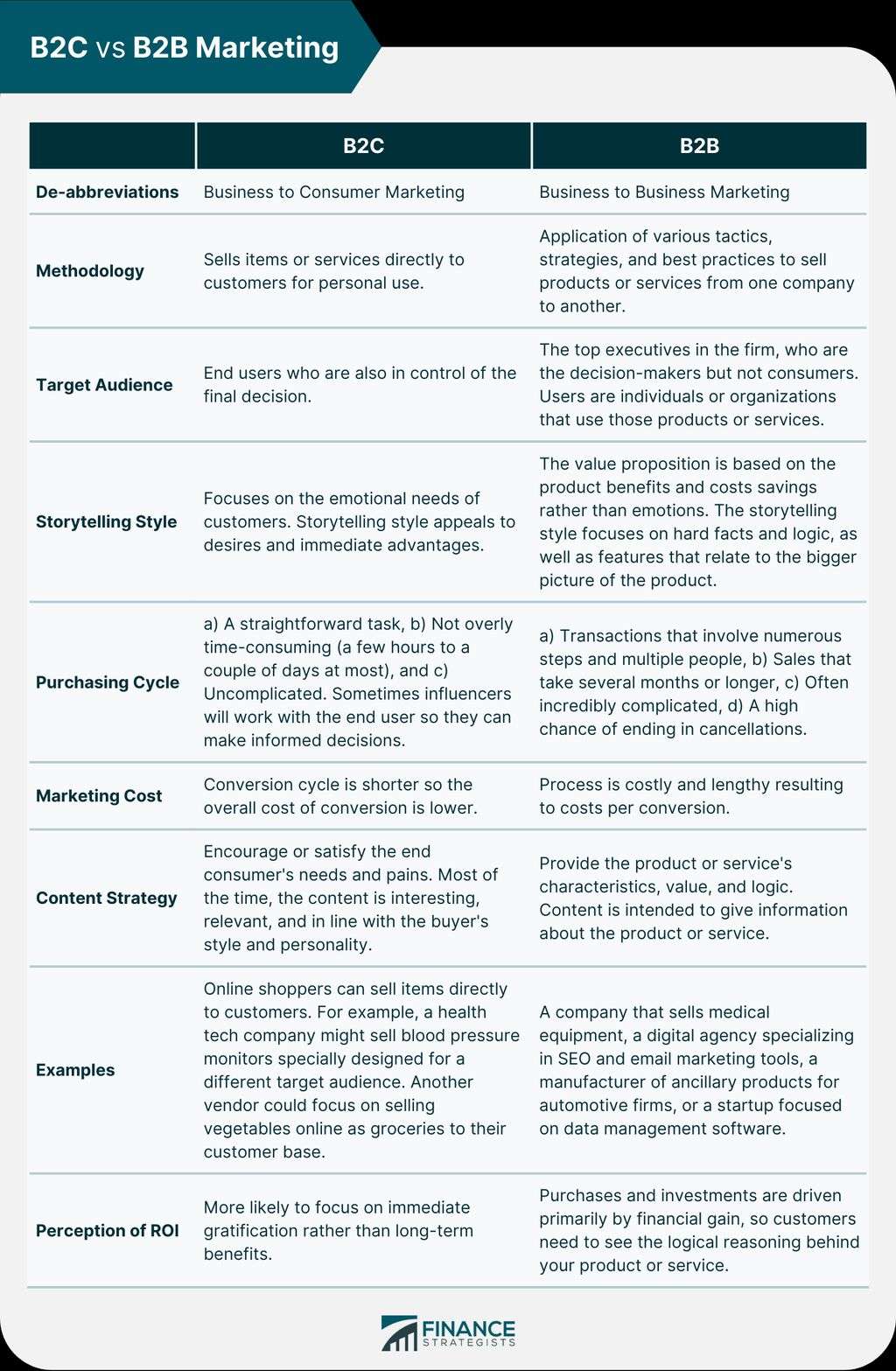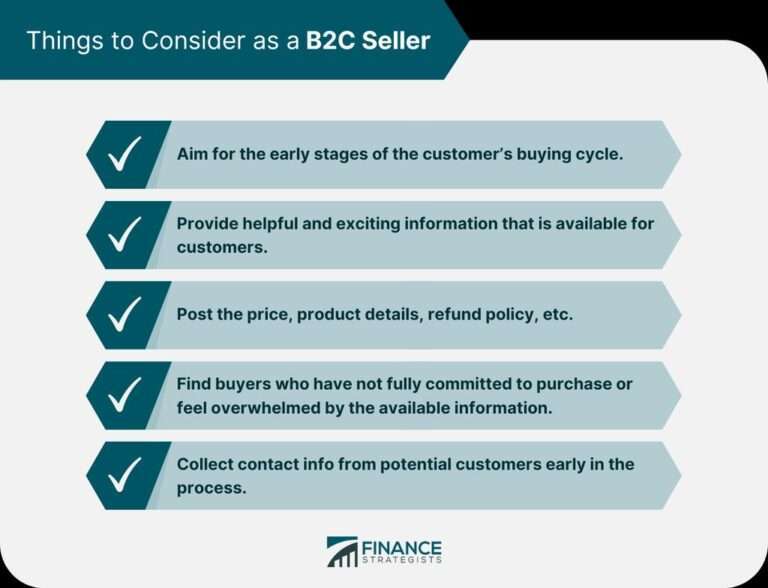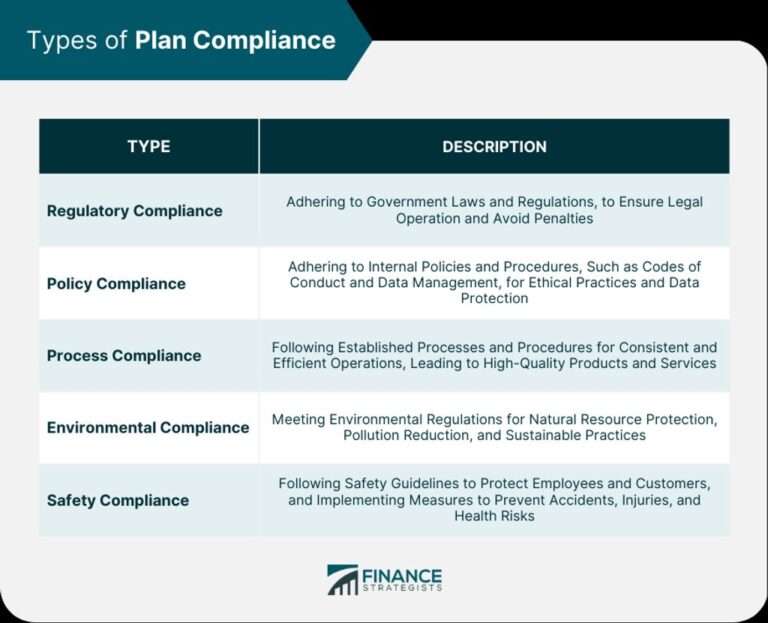What is B2B Content Marketing?
Overview
What is B2B Content Marketing?
B2B content marketing is a strategic marketing approach that focuses on creating and distributing valuable, relevant, and consistent content to attract and retain a clearly defined target audience. It is a way for businesses to establish themselves as thought leaders and build trust with their audience. Content is created in various formats, such as blog posts, whitepapers, videos, and infographics, and is distributed through multiple channels, including websites, social media, and email campaigns. The goal is to provide useful information and insights that address the pain points and challenges of the target audience, ultimately driving profitable customer action.
Benefits of B2B Content Marketing
B2B content marketing offers numerous benefits for businesses. Firstly, it helps establish thought leadership and credibility in the industry. By consistently producing high-quality and informative content, businesses can position themselves as experts in their field, gaining the trust and confidence of their target audience. Secondly, content marketing allows businesses to generate qualified leads. By creating valuable content that addresses the pain points and challenges of their target audience, businesses can attract potential customers who are actively seeking solutions. Additionally, B2B content marketing can improve brand awareness and visibility. Through strategic distribution and promotion of content, businesses can reach a wider audience and increase their brand recognition. Lastly, content marketing provides long-term value. Unlike traditional advertising methods, content continues to provide value and generate results over time, making it a cost-effective and sustainable marketing strategy.
Key Components of B2B Content Marketing
B2B content marketing involves several key components that are essential for success. These components include target audience identification, which helps businesses understand who they are creating content for and tailor their messaging accordingly. Another important component is goal setting and objective establishment, which allows companies to define what they want to achieve through their content marketing efforts. Lastly, developing engaging content is crucial for capturing the attention of the target audience and keeping them interested in the brand. By focusing on these key components, businesses can create effective B2B content marketing strategies that drive results.
Creating a B2B Content Marketing Strategy
Identifying Target Audience
Once you have a clear understanding of your product or service, the next step in creating a successful B2B content marketing strategy is identifying your target audience. Knowing your target audience is crucial as it helps you tailor your content to their specific needs and interests. Conduct market research, analyze customer data, and create buyer personas to gain insights into your ideal customers. By identifying your target audience, you can create content that resonates with them, increasing the chances of engagement and conversion.
Setting Clear Goals and Objectives
Setting clear goals and objectives is a crucial step in creating an effective B2B content marketing strategy. By clearly defining what you want to achieve, you can align your efforts and measure your success. Goals and objectives provide direction and focus, helping you prioritize your content creation and distribution efforts. They also serve as a benchmark for evaluating the effectiveness of your content marketing tactics. When setting goals and objectives, it’s important to make them specific, measurable, achievable, relevant, and time-bound (SMART). This ensures that your goals are realistic and can be tracked and evaluated. Additionally, setting clear goals and objectives helps you communicate your expectations to your team and stakeholders, ensuring everyone is aligned and working towards a common purpose.
Developing Engaging Content
Developing engaging content is a crucial aspect of a successful B2B content marketing strategy. It involves creating valuable and informative content that resonates with the target audience. This can be achieved through various formats such as blog posts, whitepapers, case studies, and videos. Additionally, incorporating visual elements like infographics and images can enhance the overall engagement. It is important to conduct thorough research and understand the pain points and interests of the target audience to create content that addresses their needs. By developing engaging content, businesses can establish themselves as thought leaders and build trust with their audience.
Implementing B2B Content Marketing Tactics
Content Creation and Distribution
In the realm of B2B content marketing, the process of content creation and distribution plays a vital role in reaching and engaging the target audience. It involves developing valuable and relevant content that resonates with the needs and interests of the audience. This content can take various forms, including blog posts, whitepapers, case studies, and videos. Once created, the content needs to be strategically distributed through multiple channels, such as company websites, social media platforms, email newsletters, and industry publications. By effectively creating and distributing content, businesses can establish thought leadership, build brand awareness, and generate leads.
Search Engine Optimization (SEO)
Search Engine Optimization (SEO) plays a crucial role in B2B content marketing. It involves optimizing your website and content to improve its visibility and ranking on search engine results pages (SERPs). By using relevant keywords, creating high-quality content, and optimizing meta tags, headings, and URLs, you can increase organic traffic to your website. SEO helps your target audience find your content when they search for relevant topics, driving more qualified leads and increasing brand awareness. Additionally, incorporating backlinks from reputable sources and optimizing for mobile devices can further enhance your SEO efforts.
Social Media Marketing
Social media marketing is a crucial component of B2B content marketing strategy. It allows businesses to connect with their target audience, build brand awareness, and drive traffic to their website. By leveraging platforms like Facebook, LinkedIn, and Twitter, companies can share valuable content, engage with their followers, and generate leads. It is important to create a social media calendar to plan and schedule posts, monitor analytics to track performance, and optimize content for each platform. Additionally, using social media listening tools can help businesses understand their audience’s preferences and interests, enabling them to create more targeted and effective content.
Conclusion
Measuring Success of B2B Content Marketing
Measuring the success of B2B content marketing is crucial to determine the effectiveness and return on investment (ROI) of your efforts. Key metrics to consider include website traffic, lead generation, conversion rates, and customer engagement. By tracking these metrics, you can assess the impact of your content marketing strategy and make data-driven decisions to optimize future campaigns. Additionally, customer feedback and surveys can provide valuable insights into the satisfaction and perception of your content among your target audience. Regularly analyzing and interpreting these metrics will help you gauge the success of your B2B content marketing and make necessary adjustments to achieve your goals.
Continuous Improvement and Adaptation
Continuous improvement and adaptation are crucial in B2B content marketing to stay ahead of the competition and meet the evolving needs of the target audience. Analyzing the performance of content marketing efforts through metrics such as website traffic, engagement rates, and conversion rates helps identify areas for improvement. A/B testing different content formats, headlines, and distribution channels can provide insights on what resonates best with the target audience. Additionally, staying updated with the latest industry trends and consumer behavior allows for timely adjustments to the content strategy. By embracing a culture of continuous improvement and adaptation, B2B marketers can ensure their content remains relevant and effective.
Future Trends in B2B Content Marketing
As B2B content marketing continues to evolve, there are several future trends that marketers should keep an eye on. One of the key trends is the rise of personalized content. With advancements in technology, businesses can now tailor their content to specific target audiences, providing a more personalized and relevant experience. Another trend is the increasing importance of video content. Videos have become a popular medium for B2B marketing as they are engaging, easily shareable, and can effectively communicate complex information. Additionally, voice search optimization is expected to play a significant role in B2B content marketing. As voice assistants like Siri and Alexa become more prevalent, optimizing content for voice search will be crucial for businesses to stay competitive. Overall, staying up-to-date with these trends and incorporating them into B2B content marketing strategies will be essential for success in the future.









 العربية
العربية Čeština
Čeština Dansk
Dansk Nederlands
Nederlands English
English Suomi
Suomi Français
Français Deutsch
Deutsch Italiano
Italiano 日本語
日本語 한국어
한국어 Norsk bokmål
Norsk bokmål Polski
Polski Português
Português Русский
Русский Español
Español Svenska
Svenska